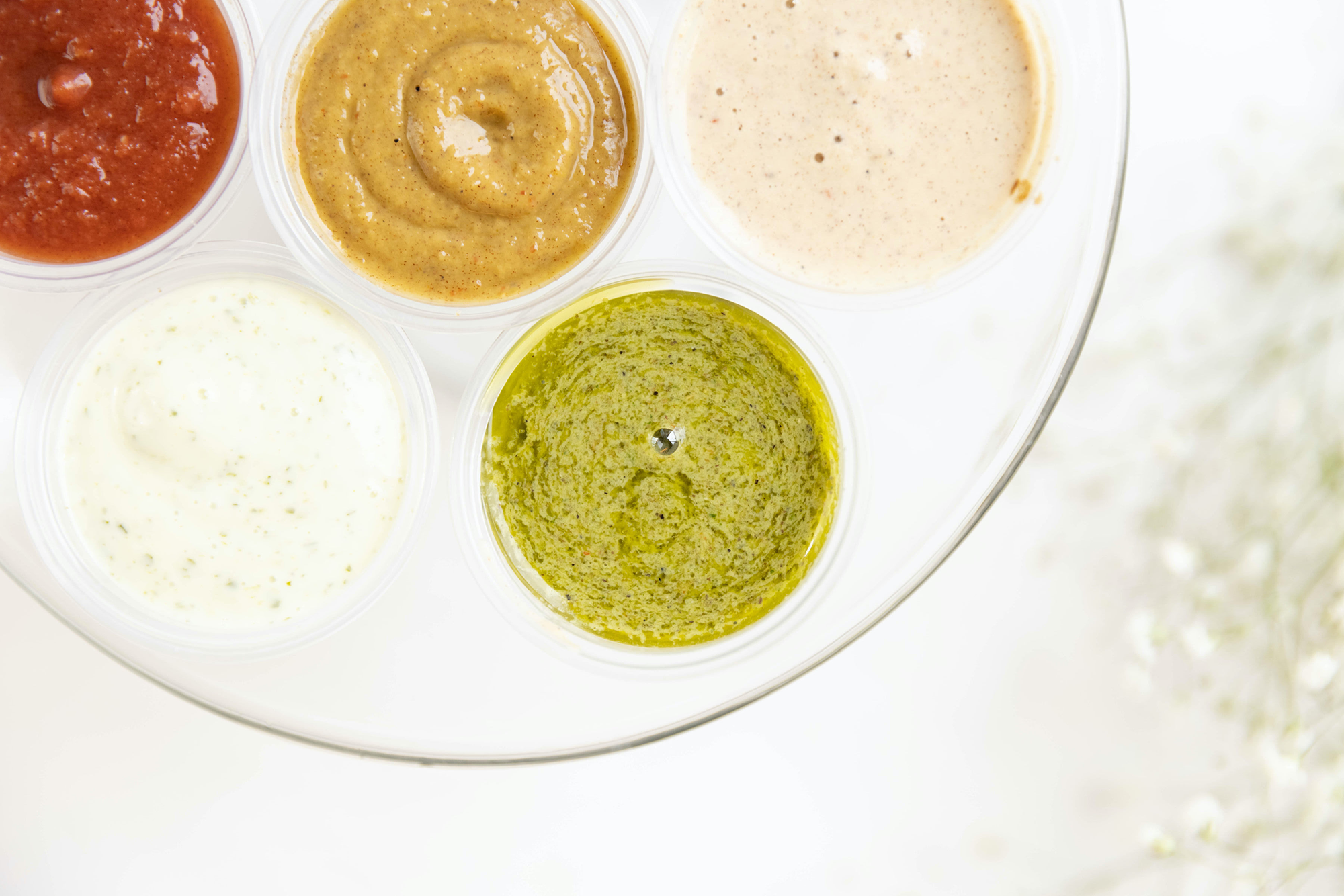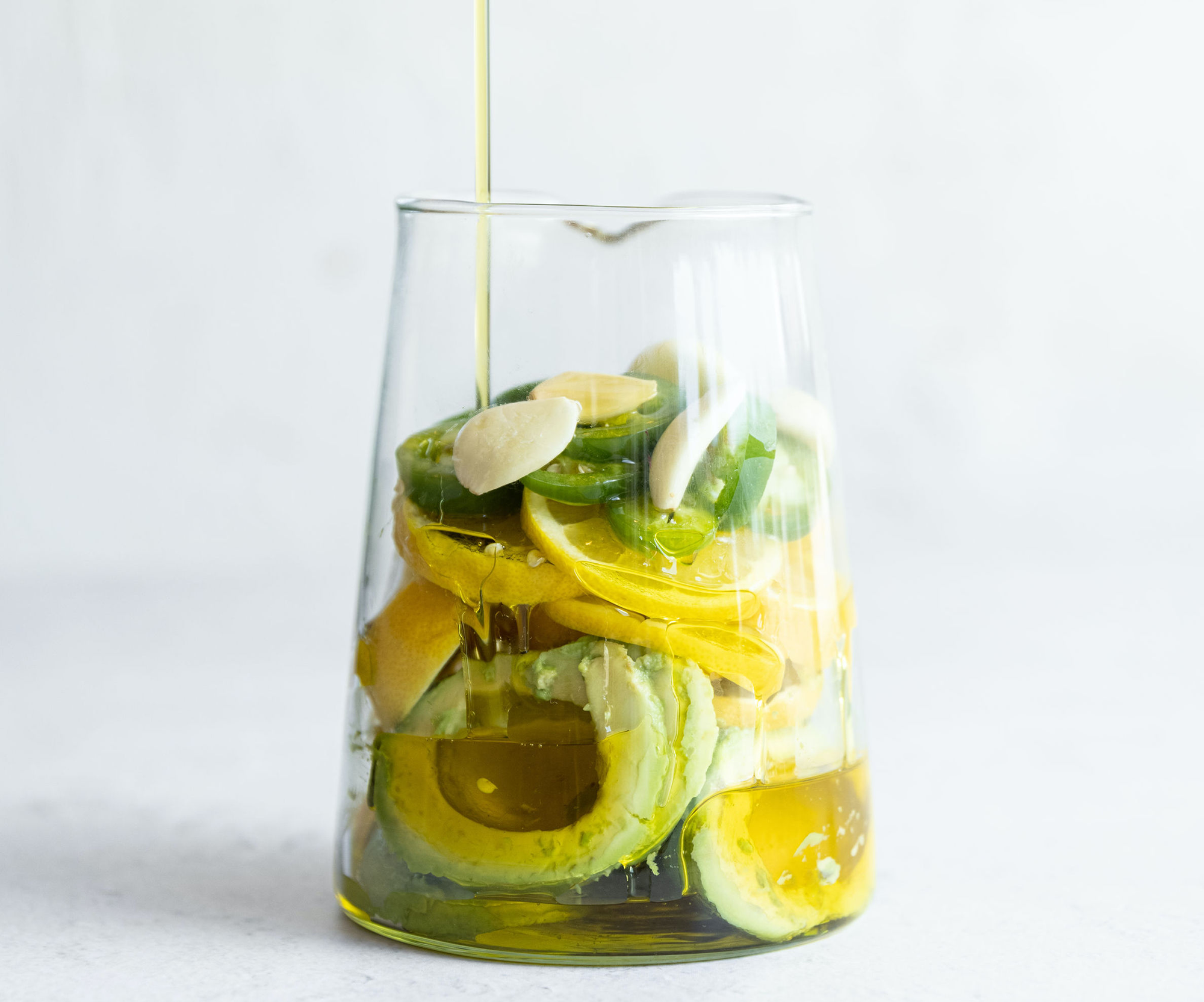Over the decades, all types of cooking oil have possessed varying reputations in the health and wellness community. The million-dollar question for health-conscious individuals considering the implications associated with various oils found in food is: which oil is the healthiest?
The American Oil Dilemma
There are many polarities that exist in the health and wellness community, but one claim that is widely accepted amongst researchers and health gurus alike is that trans fat (found in hydrogenated oils) poses major health risks. Unfortunately, the average American Diet still consists of what researchers consider to be an unhealthy level of trans fatty acids—even with this overarching consensus!
One major source of this lingering trans fat issue in the American diet is the pervasiveness of hydrogenated oils in American restaurants. The continued prevalence of trans fats in American restaurant food is staggering, and it poses unfair stress to consumers who want to enjoy a meal out every once in a while.
Not All Oils Are Created Equally
At Aubergine Kitchen, we acknowledge that not all oils are created equally. Some oils are incredibly advantageous for overall health, and others (especially in excess) can be detrimental in our diets. One of our core philosophies is to abstain from “bad oil” (expounded upon below) and always opt for safe, heart-healthy oils.
Hydrogenated oils are made from naturally derived oils that are processed to undergo chemical changes that make them more shelf-stable. These types of oils have been soundly proven to raise LDL cholesterol levels, which has serious ramifications for heart health.
Be Picky
We use heart-healthy, unsaturated oil in several menu items. Our favorite type of oil to cook with is extra virgin olive oil, which has been proven to help lower “bad” (LDL) cholesterol levels, a critical function for sustained heart health. In addition to the properties of extra virgin olive oil that aid in cardiovascular health, it also contains the highest level of antioxidants and anti-inflammatory compounds among all consumable oils.


High quality extra virgin olive oil can be found in a number of items on our menu including, but not limited to: hummus, baba ghanoush, grilled/roasted meats and vegetables, and our house made salad dressings! We want our customers to experience the ease of mind that comes from our commitment to use oils that promote cardiovascular health and reduce inflammation.
References
- Harvard School of Public Health. (2021, March 8). Shining the spotlight on Trans Fats. The Nutrition Source. Retrieved December 15, 2022, from https://www.hsph.harvard.edu/nutritionsource/what-should-you-eat/fats-and-cholesterol/types-of-fat/transfats/
- Trumbo PR, Shimakawa T. Tolerable upper intake levels for trans fat, saturated fat, and cholesterol. Nutr Rev. 2011 May;69(5):270-8. doi: 10.1111/j.1753-4887.2011.00389.x. PMID: 21521229.
- Amico A, Wootan MG, Jacobson MF, Leung C, Willett AW. The Demise of Artificial Trans Fat: A History of a Public Health Achievement. Milbank Q. 2021 Sep;99(3):746-770. doi: 10.1111/1468-0009.12515. Epub 2021 Aug 3. PMID: 34342900; PMCID: PMC8452362.
- Benshosan, A. (2019, May 16). 30 Sneaky Restaurant Foods with the most trans fat. Eat This Not That. Retrieved December 15, 2022, from https://www.eatthis.com/restaurant-foods-trans-fat/
- https://doi.org/10.1016/j.dsx.2019.03.033
- Hydrogenation. Hydrogenation – an overview | ScienceDirect Topics. (2017). Retrieved December 15, 2022, from https://www.sciencedirect.com/topics/agricultural-and-biological-sciences/hydrogenation
- Trumbo PR, Shimakawa T. Tolerable upper intake levels for trans fat, saturated fat, and cholesterol. Nutr Rev. 2011 May;69(5):270-8. doi: 10.1111/j.1753-4887.2011.00389.x. PMID: 21521229.
- https://doi.org/10.2174/1871530317666171114121533
- Ghobadi S, Hassanzadeh-Rostami Z, Mohammadian F, Nikfetrat A, Ghasemifard N, Raeisi Dehkordi H, Faghih S. Comparison of blood lipid-lowering effects of olive oil and other plant oils: A systematic review and meta-analysis of 27 randomized placebo-controlled clinical trials. Crit Rev Food Sci Nutr. 2019;59(13):2110-2124. doi: 10.1080/10408398.2018.1438349. Epub 2018 Mar 7. PMID: 29420053.
- Covas, María-Isabel DPharm, PhD; Konstantinidou, Valentini MS; Fitó, Montserrat MD, PhD. Olive Oil and Cardiovascular Health. Journal of Cardiovascular Pharmacology 54(6):p 477-482, December 2009. | DOI: 10.1097/FJC.0b013e3181c5e7fd

